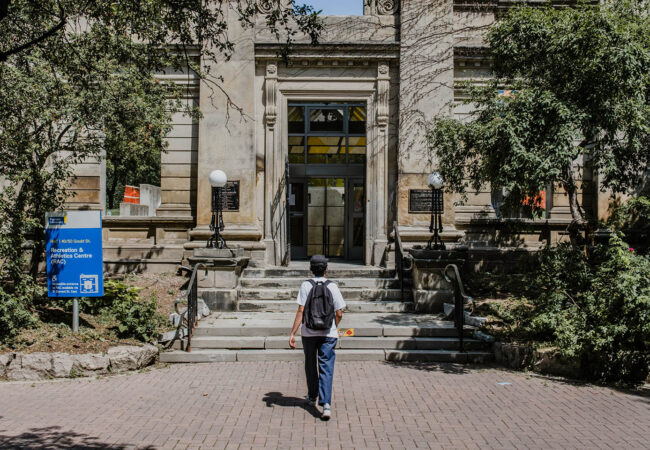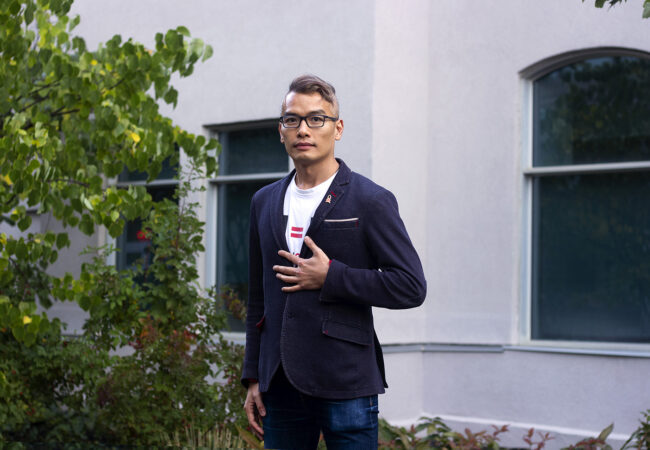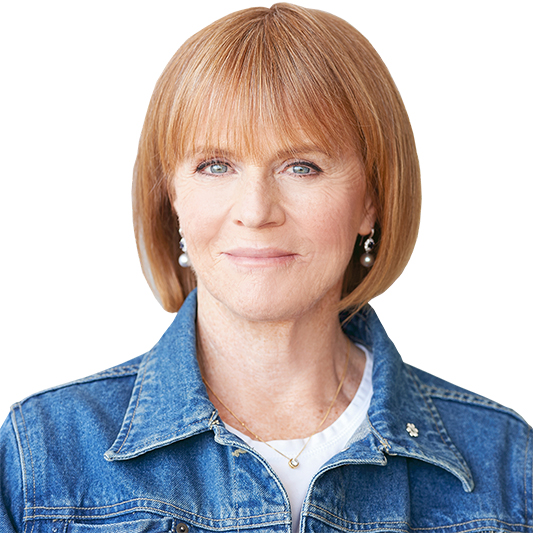As wearable technologies such as fitness trackers, smart clothes and augmented reality headsets continue to emerge, Nima Feizi (Master’s of Engineering Innovation and Entrepreneurship '20) sees an opportunity in the sports and health-care technology market.
Feizi has co-created smart socks that can help athletes heal from leg injuries by determining how the wearer moves and makes contact with the ground, which produces valuable biometric data that can be used to support their recovery.
“This technology is going to be exciting for those in elite athletics, because the data can be used to help improve movement and performance techniques,” says Feizi, who, along with fellow Bachelor’s of Engineering - Biomedical '18 graduates Gordon Gray and Branavan Yasabala, leads Advanced Rehabilitation & Intelligence System of Electronic-Textiles (ARISE) Wearables.
TMU degrees help to build a startup
During his Biomedical Engineering undergraduate degree at TMU, Feizi learned how to methodically analyze a scientific problem. Wanting to apply this skill to a medical issue, he and his business partners began consulting with local doctors. One shared how difficult it was to portably analyze the gait of his patients with a fractured leg.
That meeting kickstarted ARISE Wearables, where they’ve created socks equipped with biosensors that capture and provide real-time information about weight bearing, cadence, balance distribution between feet and foot strike, which assesses how the foot touches the ground. This rich data can augment clinical observation, enabling athletes, doctors and coaches to make more informed decisions about rehabilitating and preventing injuries.
Developing the device was step one; to learn how to turn it into a viable product, Feizi enrolled in TMU’s 16-month Master in Engineering Innovation and Entrepreneurship program. He learned how to validate the idea, conduct market research, identify target customers and determine a business strategy.
ARISE Wearables has generated strong interest within the TMU community, winning competitions and funding from Tetra (a student group focused on assistive devices),Concussion Legacy Foundation Canada, the DMZ Sandbox startup incubator and the Norman Esch Engineering Innovation and Entrepreneurship Awards. Currently, the enterprise is being nurtured at the Innovation Boost Zone for early-stage tech firms, where the team is being mentored by business professionals and learning how to attract investors.
As they continue developing a functional prototype and refining their business plan – a process that has included enlisting champion sprinter Donovan Bailey as an advisor – the goal is to launch beta testing in 2023.
“Having the engineering skills to build something that benefits people, and the business knowledge to sell it within a sustainable business model – it’s the best of both worlds.”






